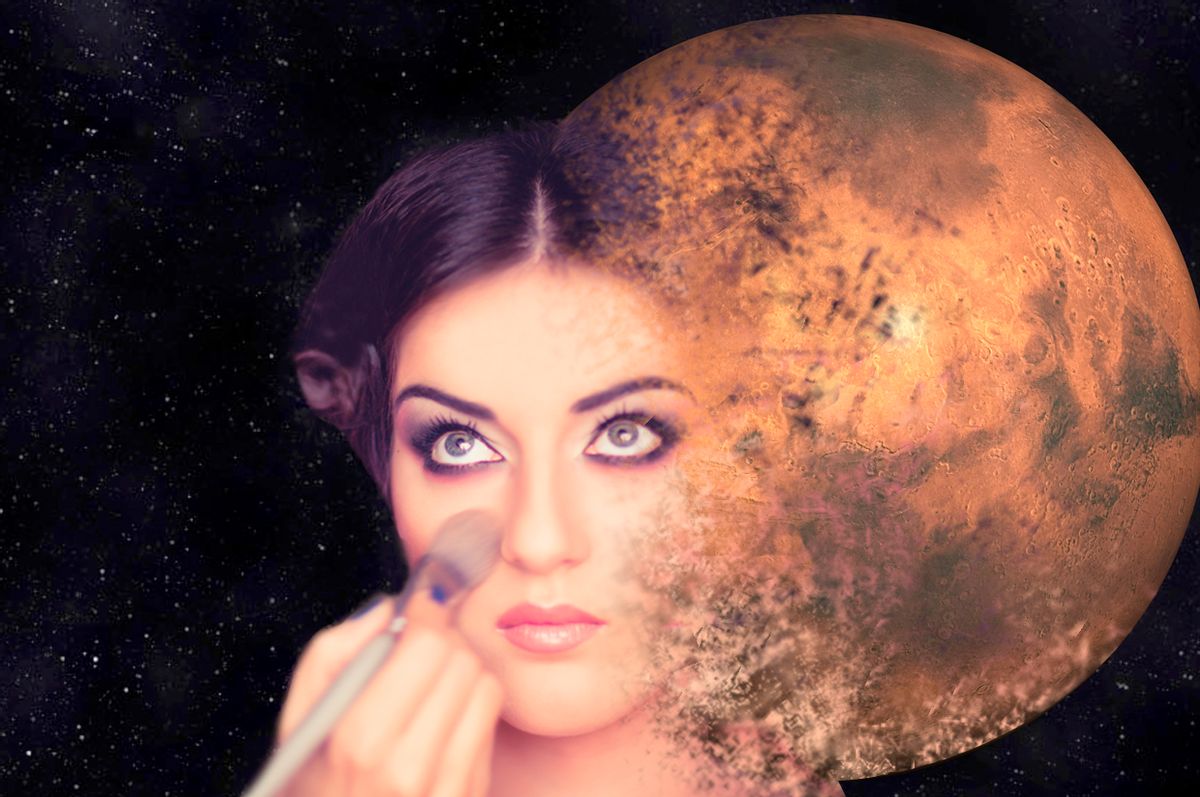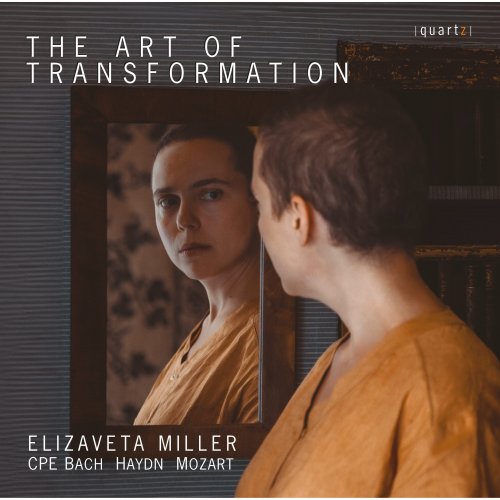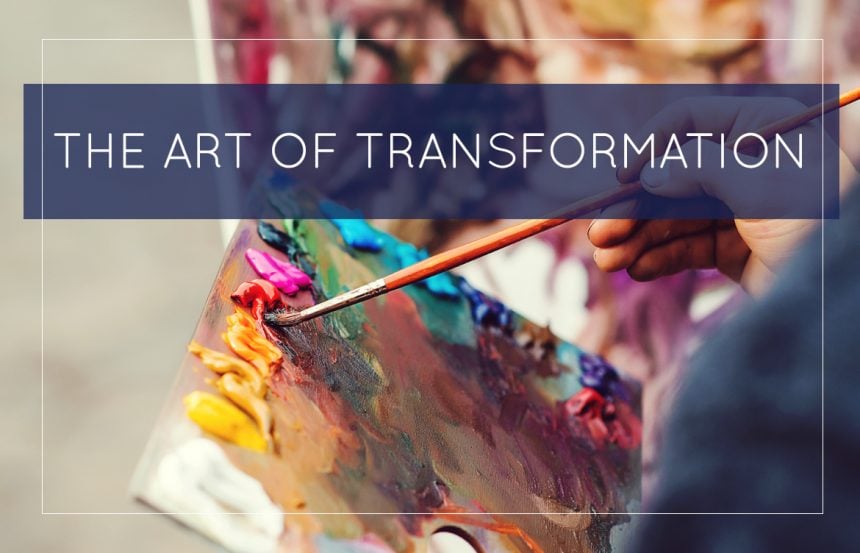The Art of Transformation: Exploring the Power and Perception of Cosmetics
Related Articles: The Art of Transformation: Exploring the Power and Perception of Cosmetics
Introduction
With enthusiasm, let’s navigate through the intriguing topic related to The Art of Transformation: Exploring the Power and Perception of Cosmetics. Let’s weave interesting information and offer fresh perspectives to the readers.
Table of Content
The Art of Transformation: Exploring the Power and Perception of Cosmetics

Cosmetics, in their myriad forms, have long been a tool of self-expression and transformation. From the ancient Egyptians adorning themselves with kohl and henna to the modern-day influencer showcasing the latest lip gloss, the desire to alter one’s appearance through makeup is deeply ingrained in human history and culture.
However, the very act of altering one’s appearance through cosmetics often evokes a question: Is makeup a form of deception? While the answer may seem straightforward, the reality is far more nuanced and begs for a deeper exploration of the relationship between makeup and authenticity.
The Perception of Deception:
The perception of makeup as deception arises from the inherent act of altering one’s natural appearance. This alteration can be interpreted as an attempt to mislead others into believing a fabricated version of oneself. The focus on achieving an idealized, often unattainable standard of beauty further fuels this perception. The use of filters and editing software on social media platforms adds another layer to this complex issue, blurring the lines between reality and artificiality.
The Power of Transformation:
However, reducing makeup solely to deception overlooks its multifaceted nature. Makeup can be a powerful tool for self-expression, allowing individuals to explore different aspects of their identity and experiment with their aesthetic. It can be a means of enhancing natural features, boosting confidence, and celebrating individuality.
For many, makeup transcends the realm of mere cosmetic alteration. It can be a form of art, a creative outlet, and a means of expressing personal style. The act of applying makeup can be a ritualistic and empowering experience, fostering a sense of control over one’s appearance and self-image.
The Importance of Context:
The perception of makeup as deception is often influenced by context. In certain scenarios, such as job interviews or formal events, the use of makeup may be perceived as a professional necessity, aligning with societal expectations and norms. However, in other contexts, such as personal relationships or casual gatherings, the use of makeup may be seen as more personal and less driven by societal pressures.
The Role of Intention:
Ultimately, the perception of makeup as deception hinges on intention. If the intent is to mislead or deceive others about one’s true appearance, then the use of makeup can be considered deceptive. However, if the intent is to enhance one’s natural beauty, express oneself creatively, or simply enjoy the act of applying makeup, then the perception of deception becomes less relevant.
Beyond Deception: The Benefits of Makeup:
While the debate surrounding makeup and deception persists, it is important to acknowledge the numerous benefits associated with its use:
- Self-Expression: Makeup provides a canvas for self-expression, allowing individuals to experiment with different styles and colors, reflecting their unique personalities and moods.
- Confidence Boost: The act of applying makeup can be a confidence-boosting ritual, enhancing one’s perception of their own appearance and fostering a sense of empowerment.
- Creativity and Art: Makeup can be a form of art, allowing individuals to explore their creative side and express themselves through colors, textures, and techniques.
- Social Interaction: Makeup can facilitate social interaction, providing a common language and shared interest among individuals who enjoy experimenting with beauty products.
- Economic Impact: The cosmetics industry provides employment opportunities and contributes significantly to the global economy.
FAQs: Addressing Common Concerns
Q: Isn’t makeup inherently deceptive, as it alters one’s natural appearance?
A: While makeup does alter one’s appearance, the perception of deception is often tied to intention. If the intent is to mislead or deceive others about one’s true appearance, then the use of makeup can be considered deceptive. However, if the intent is to enhance one’s natural beauty, express oneself creatively, or simply enjoy the act of applying makeup, then the perception of deception becomes less relevant.
Q: Does makeup create unrealistic beauty standards and promote a culture of comparison?
A: The beauty industry, including makeup, has been criticized for promoting unrealistic beauty standards and perpetuating a culture of comparison. However, it’s important to acknowledge that these pressures are not solely rooted in makeup. Social media, advertising, and cultural norms all contribute to these societal expectations.
Q: Is it wrong to wear makeup to attract attention or gain approval?
A: The motivation behind wearing makeup is a personal choice. While some may wear makeup to attract attention or gain approval, others may wear it for self-expression, confidence-boosting, or simply for enjoyment. The key is to be mindful of one’s intentions and avoid using makeup to manipulate or deceive others.
Q: Can makeup be used to mask insecurities or create a false sense of self?
A: While makeup can be used to enhance one’s appearance and boost confidence, it’s crucial to use it as a tool for self-expression rather than a means of masking insecurities or creating a false sense of self. Addressing underlying insecurities requires deeper introspection and self-acceptance.
Tips for Responsible Makeup Use:
- Embrace Authenticity: Prioritize self-acceptance and recognize that true beauty comes from within. Use makeup as a tool for self-expression, not as a means to conform to unrealistic beauty standards.
- Focus on Enhancing, Not Masking: Utilize makeup to enhance your natural features rather than masking them entirely.
- Be Mindful of Intentions: Reflect on your motivations for wearing makeup and ensure that your intentions are aligned with your values and beliefs.
- Promote Inclusivity: Support brands and individuals who champion diversity and inclusivity in the beauty industry.
- Embrace the Power of Self-Love: Develop a healthy relationship with your appearance and prioritize self-love and self-acceptance.
Conclusion:
The debate surrounding makeup and deception is complex and multifaceted. While the act of altering one’s appearance can be perceived as deceptive, it’s important to consider the context, intention, and the myriad benefits associated with makeup.
Ultimately, makeup is a tool, and like any tool, its use can be both constructive and destructive. It is up to individuals to utilize makeup responsibly, embracing its power for self-expression, confidence-boosting, and creativity, while avoiding its potential to contribute to unrealistic beauty standards or perpetuate a culture of comparison.
By fostering a nuanced understanding of makeup and its role in society, we can move beyond the simplistic notion of deception and embrace the transformative power of cosmetics as a tool for personal expression, empowerment, and artistic exploration.








Closure
Thus, we hope this article has provided valuable insights into The Art of Transformation: Exploring the Power and Perception of Cosmetics. We thank you for taking the time to read this article. See you in our next article!